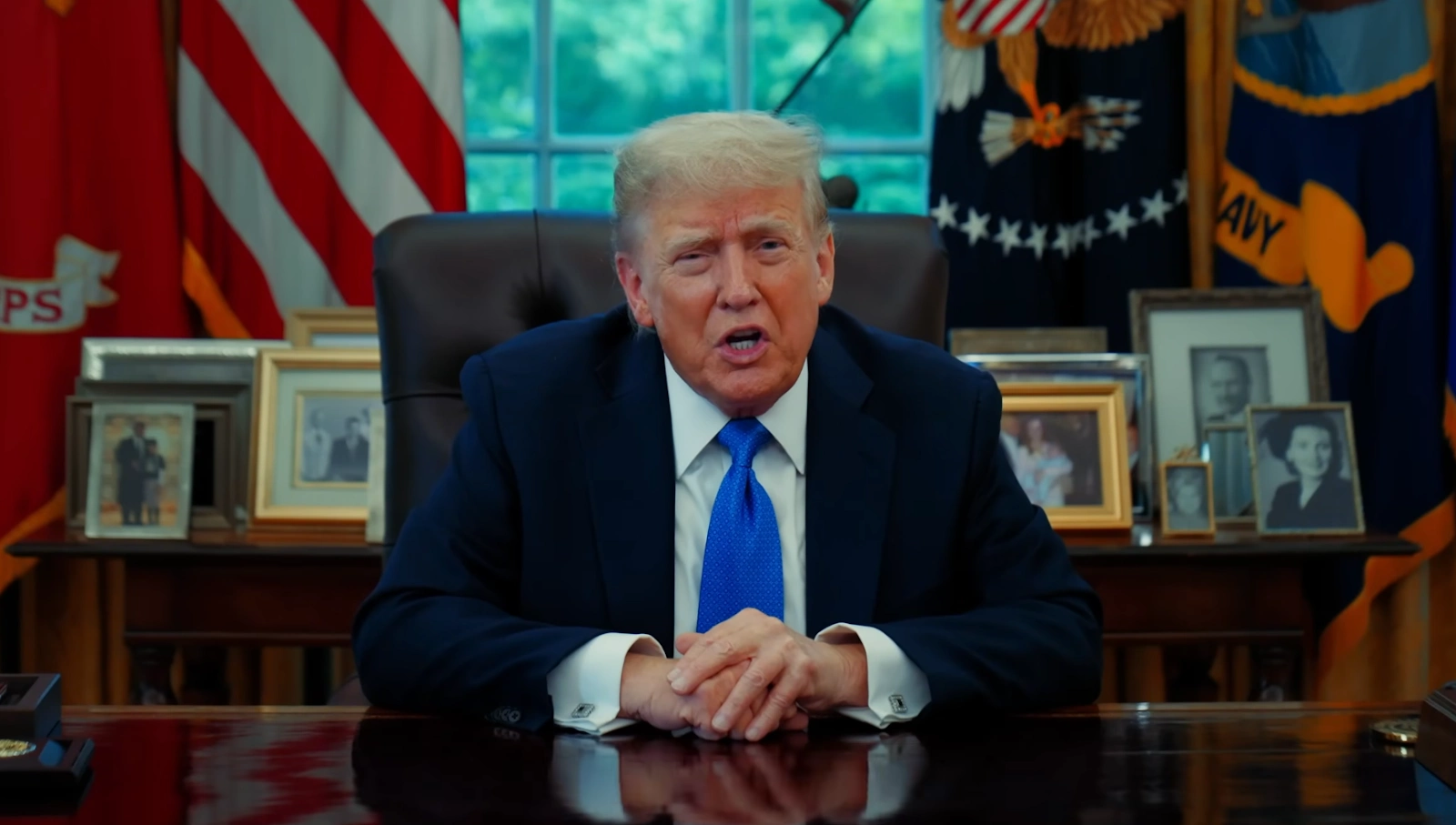USCIS Updates Which Refugee and Asylee Marriages Count for Immigration
As of June 24, 2025, USCIS updated its policy manual to reaffirm a rule originally effective on March 3, 2025. This policy evaluates marriages involving refugees and asylees who are applying to bring their spouses to the U.S.
To qualify for immigration benefits, the marriage must now be legally recognized in the country where it took place. That means traditional, religious, or informal marriages that aren’t officially registered with a government may not count. The new rule also confirms that USCIS will not accept marriages considered illegal under U.S. immigration law — such as polygamous marriages or those involving minors.
This change follows recent executive orders 14148 and 14163 from the Trump administration and aims to ensure more consistency in how these cases are reviewed. USCIS says the update brings its policies in line with existing immigration law and court decisions.
If you’re a refugee or asylee planning to sponsor your spouse, it’s a good idea to check whether your marriage is legally valid in the country where it was performed — and to speak with an immigration lawyer if you’re unsure.
ICE Detains Marine Corps Veteran’s Wife
On May 27, during what she believed was a routine green-card appointment, Paola Clouatre — a 25‑year‑old Mexican national and wife of U.S. Marine Corps veteran Adrian Clouatre — was unexpectedly taken into custody by ICE agents, MSNBC reports.
The arrest came after USCIS staff mentioned a 2018 deportation order tied to her mother’s missed immigration hearing. According to Adrian, his wife, who was in the process of legalizing her status and breastfeeding their three‑month‑old baby, was unaware of this old order. He described the appointment as a "ploy", claiming she was asked to wait in a lobby before ICE officers handcuffed her at the request of DHS.
A DHS spokesperson stated that Paola Clouatre’s detention followed “standard legal procedure” due to the outstanding order of removal, adding that her presence at USCIS triggered enforcement protocol. ICE stated that her detention was lawful and in accordance with current policy.
CBS News notes that Paola was detained despite her application being in progress, forcing Adrian to make an eight‑hour round trip from their home in Baton Rouge to a rural detention center.
Reactions to the detention have been swift. Veteran groups and military families have voiced concern, feeling the case may signal a shift in how ICE handles spouses of service members — a position that particularly troubles those who believe military ties should offer some protection from enforcement, MSNBC says.
The couple's attorney has filed an emergency motion to reopen Paola’s case, citing humanitarian factors such as her new motherhood and breastfeeding. While DHS focuses on enforcing immigration laws, advocates argue that current practices disregard both compassion and context — noting that such detentions can disrupt maternal bonding and tear families apart.
Trump to Visit “Alligator Alcatraz” Detention Center

President Donald Trump is set to visit the newly opened Everglades Secure Holding Center — nicknamed by critics “Alligator Alcatraz” — in southern Florida this week, NBC News reports.
The detention center, built in a remote area of the Everglades, uses swampland as a natural barrier and is designed for high-security, long-term holding of migrants, according to Reuters.
Flight restrictions from the Federal Aviation Administration suggest a visit may occur as early as June 30, indicating advance preparations for the trip. Plans for the visit include statements on expanding detention capacity — recently increased to over 56,000 beds — and tradecraft designed to reinforce Trump’s hardline immigration platform. The facility’s design, using its swampy surroundings to deter escapes, underscores the administration’s emphasis on stricter border enforcement.
While the White House has not officially confirmed the trip, numerous sources report that President Trump is expected to use the visit to highlight his administration’s immigration enforcement priorities. The visit comes amid broader efforts to expand detention capacity and implement new detention-focused policies amid heightened scrutiny from local communities and immigration advocates.
The Everglades-based detention center has sparked backlash from environmentalists and human rights advocates, who argue the site poses serious ecological and humanitarian risks. Built in the heart of the Florida Everglades — an area designated as a UNESCO World Heritage site — the facility sits on sensitive wetland terrain home to endangered species and Indigenous cultural lands.
According to TIME, activists claim the project was rushed under emergency powers without proper environmental review, raising alarm over its potential to damage protected ecosystems.
In addition to ecological concerns, critics also point to the facility’s extreme climate. Summers in the Everglades often exceed 100°F, with oppressive humidity and frequent storms. Protesters say these conditions make the site dangerously unsuitable for long-term human detention, especially for vulnerable populations.
Groups recently gathered near the site to call for its shutdown, warning that isolating detainees in such a harsh and remote location risks violating basic human rights. Still, DHS officials say the remote location was selected to ease overcrowding in other facilities while maintaining security.
Homeland Security Secretary Kristi Noem, who will accompany the president, praised the facility’s design. “We are working at turbo speed on cost-effective and innovative ways to deliver on the American people’s mandate for mass deportations of criminal illegal aliens”, Noem said.
Supporters of the project argue the detention center brings federal investment and job opportunities to the rural region and acts as a deterrent to unlawful entry.
The president’s visit, if confirmed, would be his first to a detention facility since returning to office and signals his continued focus on stringent border control.












